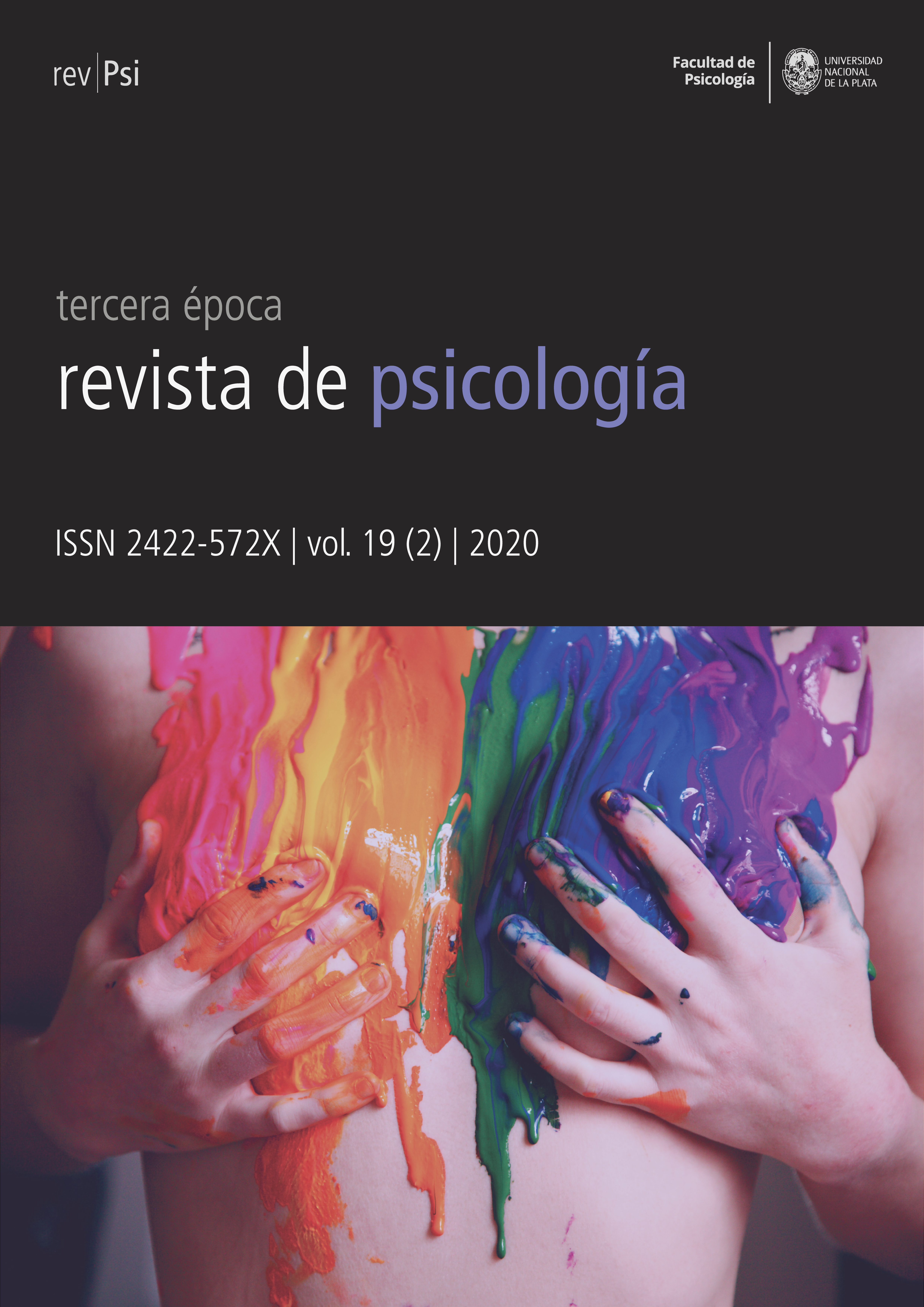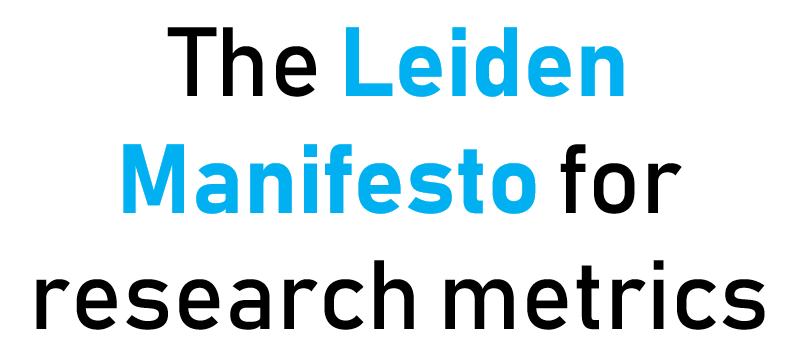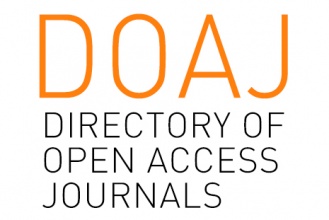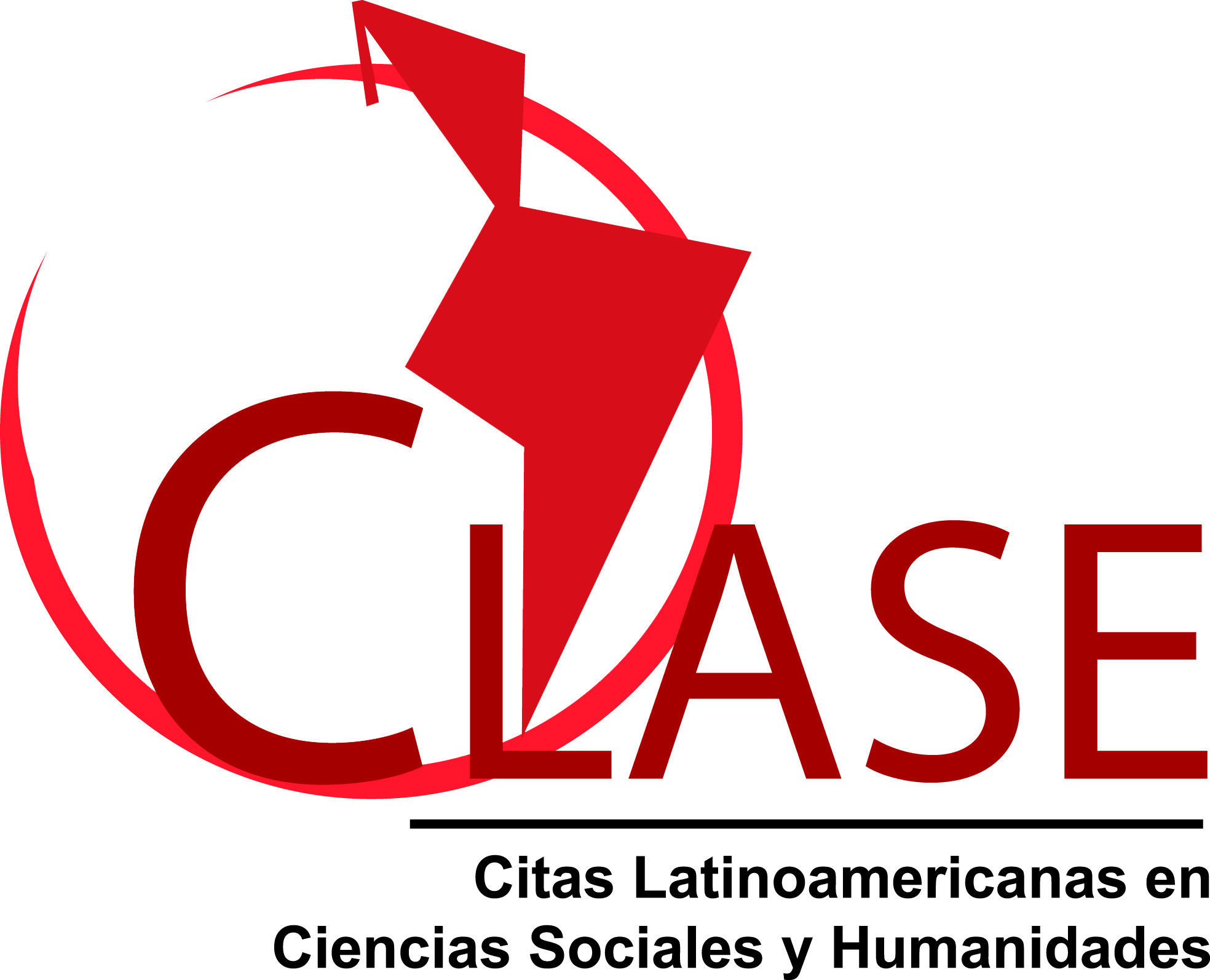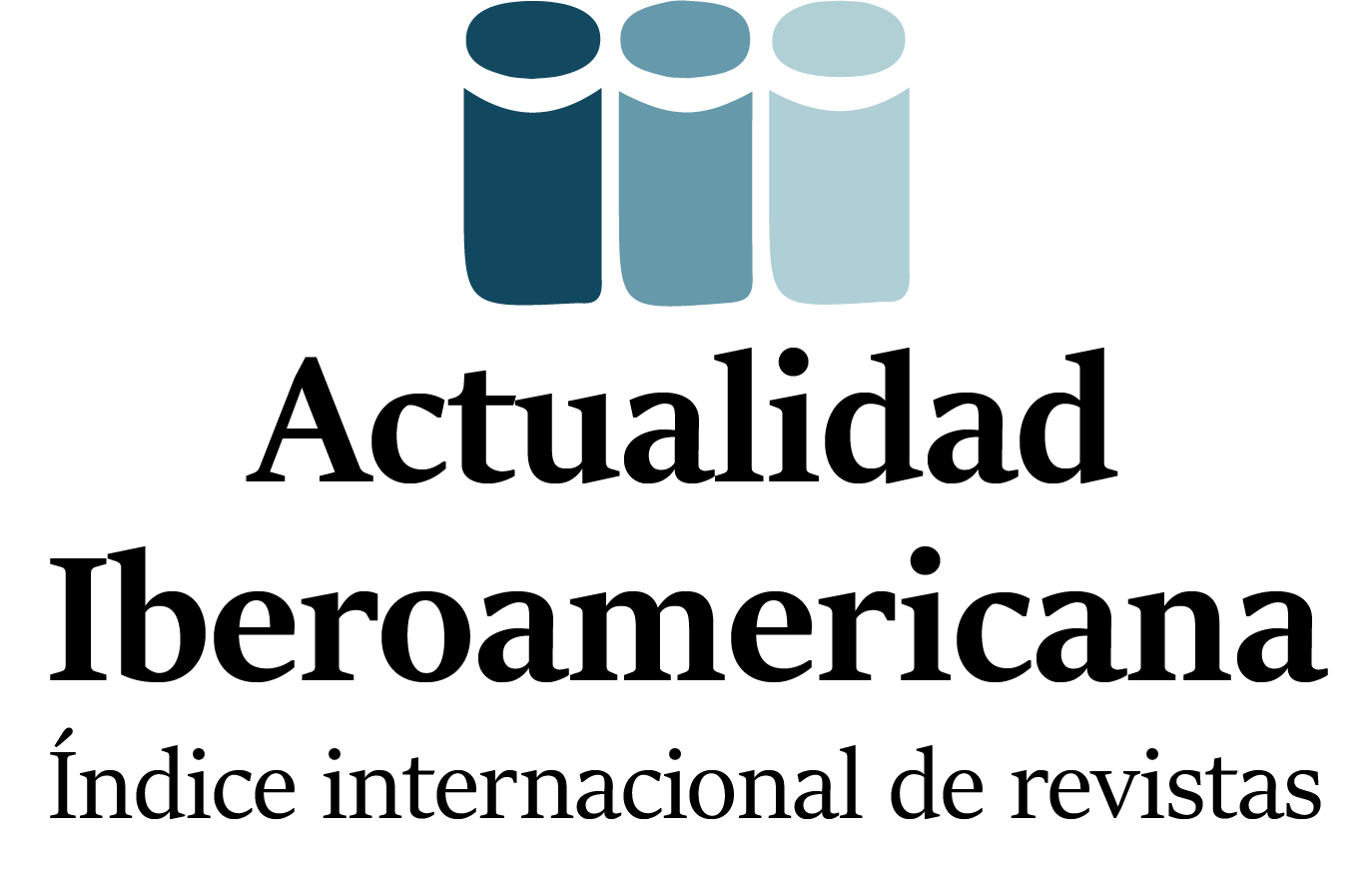Perfectionism and academic hardiness: a correlational study with students of the UNIMET
DOI:
https://doi.org/10.24215/2422572Xe062Keywords:
perfectionism, academic hardiness, university studentsAbstract
The objective of this research was to analyze the relationship of perfectionism, as personality trait and in educational setting, with academic hardiness in university students. It was a non-experimental study, with a correlational-comparative and cross-sectional design. Two hundred seventy-three students (Mage = 20.6 ± 2.53) of the Metropolitan University (Caracas-Venezuela) participated. They all voluntarily answered three self-report instruments. Moderate levels of perfectionism and hardiness were found. Various differences are reported in the variables studied according to sex, quarterly period, level of preparation when entering university and scholarships received by students. In general, hardiness was positively associated with perfectionism and its adaptive dimensions, while it did not show relationships with its more maladaptive dimensions. This result supports the idea that perfectionism does not include only undesirable aspects, which is discussed within the framework of the negative view that has prevailed on perfectionism.
Downloads
Metrics
References
Abdolhosseini, A., Hasel, K. y Zalani, L. (2012). The moderating role of hardiness and perfectionism variables and the relationship between stress and physiologic responses. Procedia - Social and Behavioral Sciences, 46, 5868-5874. https://doi.org/10.1016/j.sbspro.2012.06.531
Abdollahi, A., Carlbring, P., Vaez, E. y Ghahfarokhi, S. (2018). Perfectionism and test anxiety among high-school students: The moderating role of academic hardiness. Current Psychology, 37(3), 632-639. https://doi.org/10.1007/s12144-016-9550-z
Aguilar, L., Báez, Y., Barroeta, G. y Colmenares, D. (2012). Medición del perfeccionismo académico: desarrollo de un inventario para estudiantes universitarios. Revista Científica Electrónica de Psicología, 13(1), 244-269.
Arana, F., Keegan, E. y Rutsztein, G. (2009). Adaptación de una medida multidimensional de perfeccionismo: la Almost Perfect Scale-Revised (APS-R). Un estudio preliminar sobre sus propiedades psicométricas en una muestra de estudiantes universitarios argentinos. Evaluar, 9, 35-53. https://doi.org/10.35670/1667-4545.v9.n1.463
Arana, F., Scappatura, M., Miracco, M., Elizathe, L., Rutsztein, G. y Keegan, E. (2009). Un estudio sobre perfeccionismo en estudiantes universitarios argentinos: resultados preliminares en estudiantes de psicología. Anuario de Investigaciones, 16, 17-24. http://www.scielo.org.ar/pdf/anuinv/v16/v16a01.pdf
Arana, F., Scappatura, M., Miracco, M., Elizathe, L., Rutsztein, G. y Keegan, E. (2010). Perfeccionismo positivo/negativo y calidad de vida en estudiantes de Psicología, Medicina e Ingeniería de la Ciudad de Buenos Aires. Anuario de Investigaciones, 17, 17-24. http://www.scielo.org.ar/pdf/anuinv/v17/v17a01.pdf
Benishek, L. y Lopez, F. (2001). Development and initial validation of a measure of academic hardiness. Journal of Career Assessment, 9(4), 333-352. https://doi.org/10.1177/106907270100900402
Benishek, L., Feldman, J., Shipon, R., Mecham, S. y Lopez, F. (2005). Development and evaluation of the Revised Academic Hardiness Scale. Journal of Career Assessment, 13(1), 59-76. https://doi.org/10.1177/1069072704270274
Carrasco, A., Belloch, A. y Perpiñá, C. (2010). La evaluación del perfeccionismo: utilidad de la Escala Multidimensional de Perfeccionismo en población española. Análisis y Modificación de Conducta, 35(152), 49-65. https://dx.doi.org/10.33776/amc.v35i152.1225
Código de Ética Profesional del Psicólogo de Venezuela (1981). II Asamblea Nacional Ordinaria de la Federación de Psicólogos de Venezuela, Marzo 29, 1981.
Colmenares, D. (2017). Perfeccionismo, disposición a fluir en el trabajo y bienestar psicológico en enfermeras [Trabajo de grado de licenciatura, Universidad Central de Venezuela]. Saber UCV. http://saber.ucv.ve/handle/10872/19061
Cook, L. y Kearney, C. (2009). Parent and youth perfectionism and internalizing psychopatology. Personality and Individual Differences, 46(3), 325-330. https://doi.org/10.1016/j.paid.2008.10.029
Daneshamooz, S. y Alamolhodaei, H. (2012). Cooperative learning and academic hardiness on students’ mathematical performance with different levels of mathematics anxiety. Educational Research, 3(3), 270-276. https://profdoc.um.ac.ir/articles/a/1027225.pdf
Egan, S., Wade, T. y Shafran, R. (2011). Perfectionism as a transdiagnostic process: A clinical review. Clinical Psychology Review, 31(2), 203-212. https://doi.org/10.1016/j.cpr.2010.04.009
Egan, S., Wade, T. y Shafran, R. (2012). The transdiagnostic process of perfectionism. Revista de Psicopatología y Psicología Clínica, 17(3), 279-294. https://doi.org/10.5944/rppc.vol.17.num.3.2012.11844
Einstein, D., Lovibond, P. y Gaston, J. (2000). Relationship between perfectionism and emotional symptoms in an adolescent sample. Australian Journal Psychology, 52(2), 89-93. https://doi.org/10.1080/00049530008255373
Elvira, M. (2015). Perfil familiar y psicológico como predictores del estrés académico: un modelo de ruta [Tesis doctoral inédita]. Universidad Simón Bolívar.
Flett, G., Besser, A., Davis, R. y Hewitt, P. (2003). Dimensions of perfectionism, unconditional self-acceptance, and depression. Journal of Rational-Emotive and Cognitive-Behavior Therapy, 21(2), 119-138. https://doi.org/10.1023/A:1025051431957
Franco, K. (2007). Perfeccionismo y trastornos del comportamiento alimentario: una aproximación multidimensional [Tesis doctoral inédita]. Universidad Nacional Autónoma de México.
Frost, R., Marten, P., Lahart, C. y Rosenblate, R. (1990). The dimensions of perfectionism. Cognitive Therapy and Research, 14(5), 449-468. https://doi.org/10.1007/BF01172967
Furnham, A. y Grump, J. (2013). The sensitive, imaginative, articulate art student and conservative, cool, numerate science student: Individual differences in art and science students. Learning and Individual Differences, 25, 150-155. https://doi.org/10.1016/j.lindif.2013.03.002
Godoy-Izquierdo, D. y Godoy, J. (2002). La personalidad resistente: una revisión de la conceptualización e investigación sobre la dureza. Clínica y Salud, 13(2), 135-162. https://journals.copmadrid.org/clysa/art/f718499c1c8cef6730f9fd03c8125cab
Hernández, R., Fernández, C. y Baptista, P. (2014). Metodología de la investigación (6ª ed.). McGraw-Hill Interamericana.
Hewitt, P. y Flett, G. (1991). Perfectionism in the self and social contexts: Conceptualization, assessment, and association with psychopathology. Journal of Personality and Social Psychology, 60(3), 456-470. https://doi.org/10.1037/0022-3514.60.3.456
Karimi, A. y Venkatesan, S. (2009). Mathematics anxiety, mathematics performance and academic hardiness in high school students. International Journal of Education and Science, 1(1), 33-37. https://doi.org/10.1080/09751122.2009.11889973
Kazemi, A. y Ziaaddini, M. (2014). Relationship between perfectionism, psychological hardiness, and job burnout of employees at executive organizations. International Journal of Academic Research in Business and Social Sciences, 4(3), 160-170. https://doi.org/10.6007/IJARBSS/v4-i3/686
Kerlinger, F. y Lee, H. (2002). Investigación del comportamiento: métodos de investigación en ciencias sociales (4ª ed.). McGraw-Hill Interamericana.
Kobasa, S. (1979). Stressful life events, personality, and health: An inquiry into hardiness. Journal of Personality and Social Psychology, 37(1), 1-11. https://doi.org/10.1037/0022-3514.37.1.1
Kobasa, S., Maddi, S. y Kahn, S. (1982). Hardiness and health: A prospective study. Journal of Personality and Social Psychology, 42(1), 168-177. https://doi.org/10.1037/0022-3514.42.1.168
Martínez, M., Hernández, M. y Hernández, M. (2014). Psicometría. Alianza.
Mosalanejad, L., Kargar, Z., Kalani, N. y Abdollahifard, S. (2016). Evaluation of perfectionism and its relationship with hardiness and mental health in students of Jahrom University of Medical Sciences. Journal of Fundamental and Applied Sciences, 8(3), 1277-1285. https://doi.org/10.4314/jfas.v8i3.621
Mueller, C. y Dweck, C. (1998). Praise for intelligence can undermine children's motivation and performance. Journal of Personality and Social Psychology, 75(1), 33-52. https://doi.org/10.1037/0022-3514.75.1.33
Myers, L. y Sirois, M. (2006). Spearman correlation coefficients, differences between. En S. Kotz, C. Read, N. Balakrishnan, B. Vidakovic y N. Johnson (Eds.), Encyclopedia of Statistical Sciences (pp. 7901-7903). Wiley. https://doi.org/10.1002/0471667196.ess5050.pub2
Peña, G., Cañoto, Y. y Angelucci, L. (2017). Involucramiento académico: una escala. Páginas de Educación, 10(1), 114-136. https://doi.org/10.22235/pe.v10i1.1361
Pintrich, P. (2000). An achievement goal theory perspective on issues in motivation terminology, theory, and research. Contemporary Educational Psychology, 25(1), 92-104. https://doi.org/10.1006/ceps.1999.1017
Prieto, A. y Vento, A. (2012). Validación de la versión española de la Escala Multidimensional de Perfeccionismo de Frost, Marten, Lahart y Rosenblate [Trabajo de grado de licenciatura inédito]. Universidad Metropolitana.
Ramos, L. (2011). Entendiendo al perfeccionismo: definición, dimensionalidad, adaptabilidad y psicopatología. Revista de Psicología de Arequipa, 1(1), 11-26.
Rupinski, M. y Dunlap, W. (1996). Approximating Pearson product-moment correlations from Kendall’s tau and Spearman’s rho. Educational and Psychological Measurement, 56(3), 419-429. https://doi.org/10.1177/0013164496056003004
Sindik, J., Nazor, D. y Vukosav, J. (2011). Correlation between the conative characteristics at top senior basketball players. Sport Science, 4(1), 78-83.
Stoeber, J. y Childs, J. (2011). Perfectionism. En R. Levesque (Ed.), Encyclopedia of Adolescence (Vol. 4, Pt. 16, pp. 2053-2059). Springer. https://doi.org/10.1007/978-1-4419-1695-2_279
Stoeber, J. y Otto, K. (2006). Positive conceptions of perfectionism: Approaches, evidence, challenges. Personality and Social Psychology Review, 10(4), 295-319. https://doi.org/10.1207/s15327957pspr1004_2
Downloads
Published
How to Cite
Issue
Section
License
![]()
Authors who publish in this journal accept the following conditions:
- Authors retain the copyright and assign the right of first publication to the journal, with the work registered under a Creative Commons attribution license (CC-BY), which allows third parties to use what is published whenever they mention the authorship of the work and the first publication in this magazine.
- Authors can make other independent and additional contractual agreements for the non-exclusive distribution of the article published in this journal (e.g., include it in an institutional repository or publish it in a book) as long as they clearly indicate that the work was published for the first time in this magazine.
- Authors are allowed and encouraged to publish their work on the Internet (e.g., on institutional or personal webpages) before and during the review and publication process, as it can lead to productive exchanges and greater and faster dissemination of published work (see The Effect of Open Access ).

